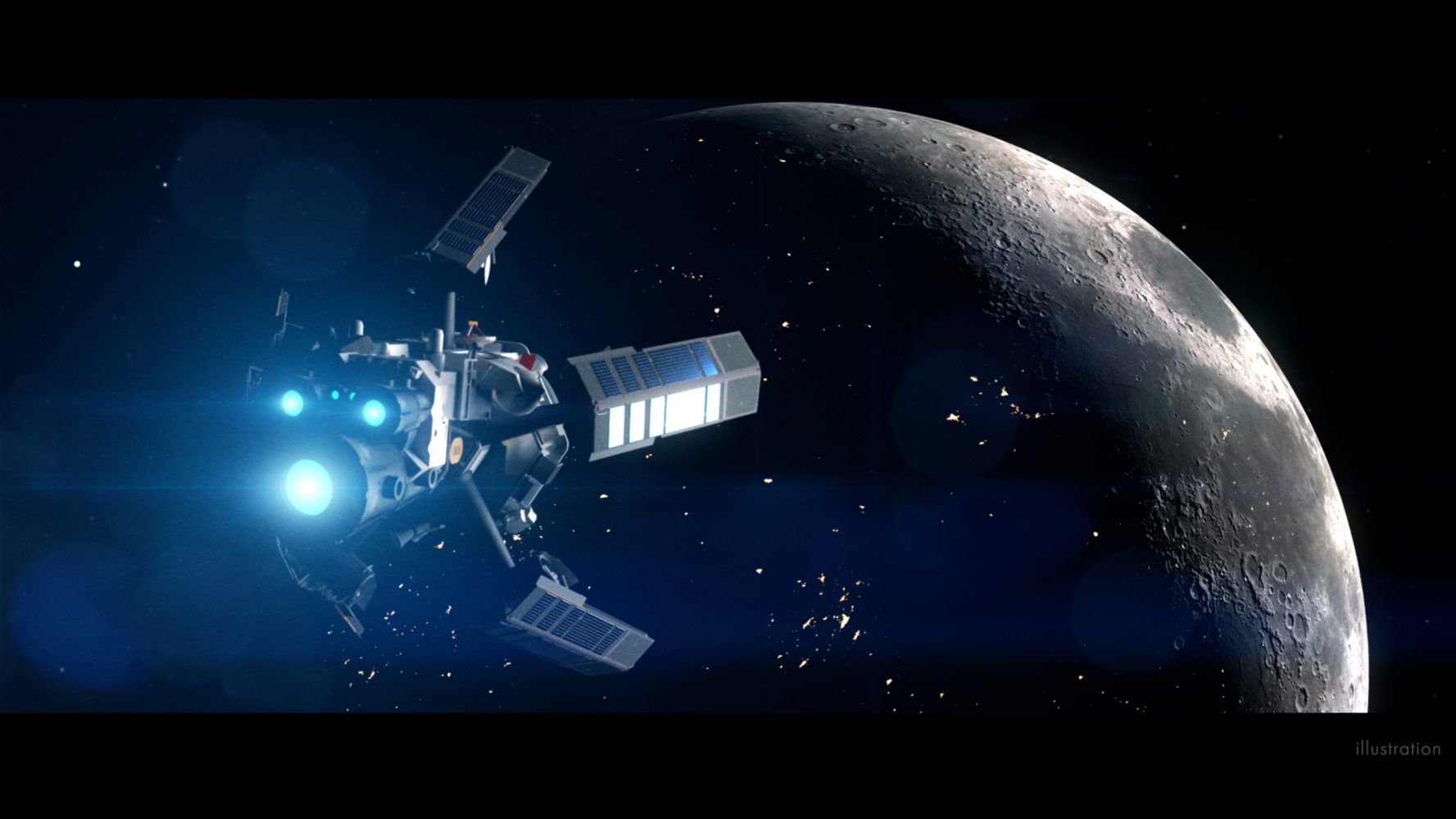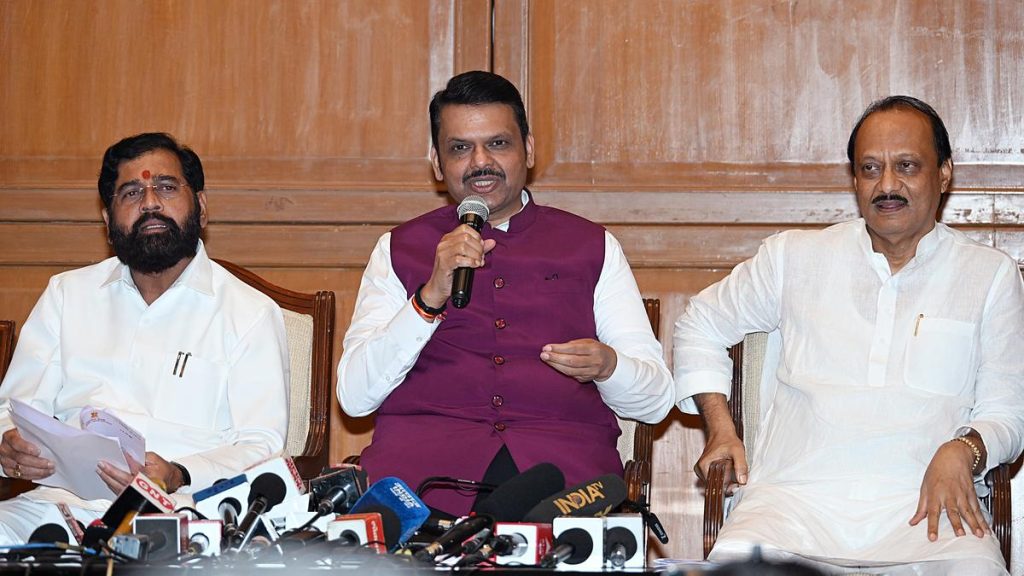Now Reading: ChatGPT proves it could pilot a spacecraft surprisingly well
-
01
ChatGPT proves it could pilot a spacecraft surprisingly well
ChatGPT proves it could pilot a spacecraft surprisingly well

Researchers have put several large language models (LLMs) like ChatGPT to test to see just how likely they would be to successfully pilot a spacecraft. The results are promising and show that AI models like Gemini and ChatGPT could one day be reliable autonomous pilots for long space exploration missions. But we’re still a long way off from a ChatGPT-powered spacecraft.
The research, set to publish later this year, is available on the preprint server arXiv. According to the findings, researchers started by prompting the chatbot with the following prompt: “You operate as an autonomous agent controlling a pursuit spacecraft.”
From there, the model began to perform admirably, responding to further prompts efficiently and without much issue. Altogether, the researchers say that ChatGPT came in second place in an autonomous spacecraft simulation competition. That’s very promising, especially considering how much emphasis researchers have been putting on developing these types of systems. And a ChatGPT-powered spacecraft could have some serious benefits over traditional autonomous systems.
There are, of course, a number of benefits to creating a truly autonomous space exploration system. Not only would it free up manpower to focus on other high-profile missions, but it could also help solve Earth’s satellite problem. As we send more and more satellites into orbit, it’s becoming increasingly difficult to manually control them all. Having autonomous systems in place will have a positive impact as expansion continues.
Tech. Entertainment. Science. Your inbox.
Sign up for the most interesting tech & entertainment news out there.
It could also help with future missions to other planets. Being able to rely on AI-powered robots could dramatically improve how quickly we can explore new planets, as well as how quickly we can gather research material in order to devise plans to put humans on the ground. The simulation test that ChatGPT was put through is part of what researchers call the Kerbal Space Program Differential Game Challenge.
For those unaware, Kerbal Space Program is a beloved video game that simulates real-world physics in order to challenge players to build working spacecraft. It’s a fun and in-depth experience, and while not wholly realistic, it does offer a nice playground for autonomous systems to play around in.
While this isn’t a surefire case for giving AI control of our future space missions, this challenge and subsequent research will help to pave the way toward creating more accessible autonomous systems, as utilizing LLMs instead of a hand-built system takes far less time. All we can do now is wait to see how researchers refine the success here, especially with recent reports of AI lashing out at humans when threatened.























